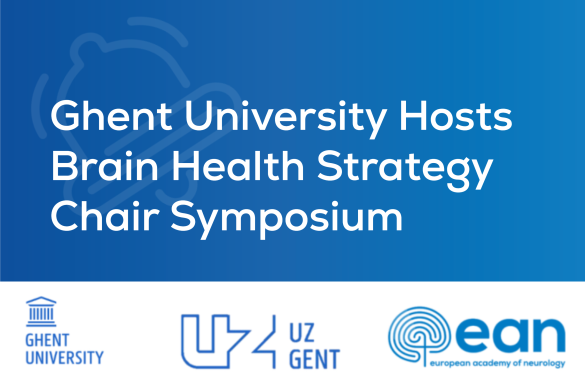by Isabella Colonna
For November we have selected Al-Shahi Salman R, Stephen J, Tierney JF, Lewis SC, Newby DE, Parry-Jones AR, White PM, Connolly SJ, Benavente OR, Dowlatshahi D, Cordonnier C, Viscoli CM, Sheth KN, Kamel H, Veltkamp R, Larsen KT, Hofmeijer J, Kerkhoff H, Schreuder FHBM, Shoamanesh A, Klijn CJM, van der Worp HB; Collaboration of Controlled Randomised Trials of Long-Term Oral Antithrombotic Agents After Spontaneous Intracranial Haemorrhage (COCROACH). Effects of oral anticoagulation in people with atrial fibrillation after spontaneous intracranial haemorrhage (COCROACH): prospective, individual participant data meta-analysis of randomised trials. Lancet Neurol. 2023 Oct 11:S1474-4422(23)00315-0. doi: 10.1016/S1474-4422(23)00315-0. Epub ahead of print. PMID: 37839434.
This study presents the results of a prospective, individual participant data meta-analysis planned by the Collaboration of Controlled Randomized Trials of Long-Term Oral Antithrombotic Agents After Spontaneous Intracranial Haemorrhage (COCROACH) at the European Stroke Organisation Conference in 2017, before the results of any relevant trials were known.
This meta-analysis aimed to investigate the safety and efficacy of oral anticoagulation for prevention of major cardiovascular events in patients with atrial fibrillation and previous spontaneous intracranial haemorrhage.
Four completed randomised clinical trials which recruited patients from Europe (SoSTART, APACHE-AF), Canada (NASPAF-ICH) and Japan (ELDERCARE-AF) were identified as eligible and the data of 412 study participants in these trials was included in the meta-analysis. ELDERCARE-AF was placebo controlled while the other trials were open label. The follow-up time of these trials ranged between two and six years.
Study participants in the intervention group started oral anticoagulation (212 patients) whereas controls were treated with antiplatelet drugs (67 patients) or did not receive any antithrombotic agent (133 patients). Primary outcome, defined as any symptomatic stroke or cardiovascular death, occurred in 29 (14%) and 43 (22%) patients in the intervention and control group, respectively (p=0.12). Secondary outcomes were ischaemic major adverse cardiovascular events, haemorrhagic major adverse cardiovascular events, death from any cause, and death or dependence (mRS 3-6) after one year. While in the oral anticoagulation group there were fewer ischaemic major adverse cardiovascular events than in the control group [29 (4%) versus 43 (19%); p= 0.0004], no significant differences between groups were found for the other secondary outcomes.
These results suggest that, for intracranial haemorrhage survivors with atrial fibrillation, oral anticoagulation had uncertain impact on the risk of any stroke or cardiovascular death, haemorrhagic cardiovascular events and functional outcome, whereas it was associated with reduced risk of ischaemic cardiovascular events. These findings should encourage the completion of ongoing trials as well as the further recruitment of patients in order to better investigate the net benefit of oral anticoagulation in this cohort of patients.












